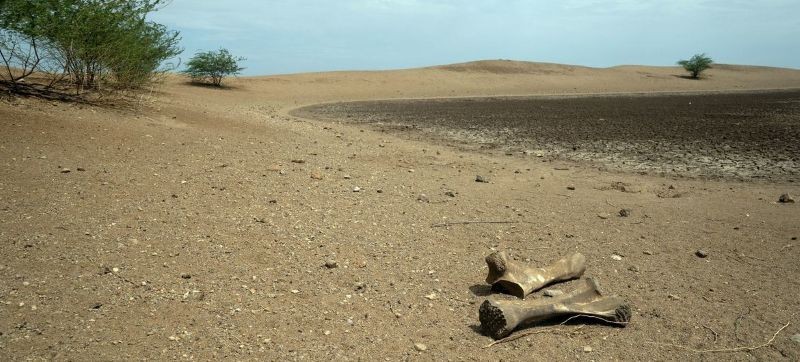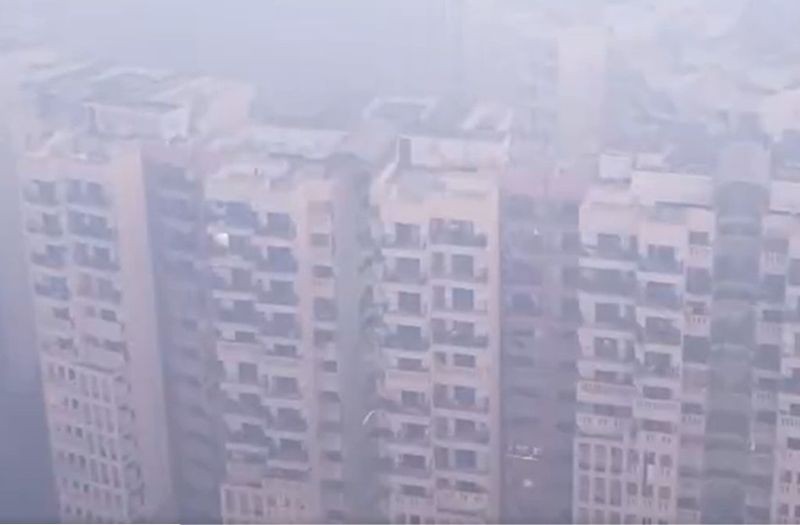WHO warns COVID-19 is making worrying comeback amid summer surge
COVID-19 infections are surging worldwide - including at the Olympics - and are unlikely to decline anytime soon, the World Health Organization (WHO) warned on Tuesday.
The UN health agency is also concerned that more severe variants of the coronavirus may soon be on the horizon.
“COVID-19 is still very much with us,” and circulating in all countries, Dr. Maria Van Kerkhove of WHO told journalists in Geneva.
Testing positive
“Data from our sentinel-based surveillance system across 84 countries reports that the percent of positive tests for SARS-CoV-2 has been rising over several weeks,” she said. “Overall, test positivity is above 10 per cent, but this fluctuates per region. In Europe, percent positivity is above 20 per cent,” she added.
New waves of infection have been registered in the Americas, Europe and the western Pacific.
Wastewater surveillance suggests the circulation of SARS-CoV-2 is from two to 20 times higher than current figures suggest.
Such high infection circulation rates in the northern hemisphere’s summer months are atypical for respiratory viruses, which tend to spread mostly in cold temperatures.
“In recent months, regardless of the season, many countries have experienced surges of COVID-19, including at the Olympics where at least 40 athletes have tested positive,” Dr. Van Kerkhove said.
As the virus continues to evolve and spread, there is a growing risk of a more severe strain of the virus that could potentially evade detection systems and be unresponsive to medical intervention.
Boost vaccine awareness
While hospital admissions - including for intensive care - are still much lower than they were during the peak of the pandemic, WHO is urging governments to strengthen vaccination campaigns, making sure that the highest risk groups get shots at least once every 12 months.
“As individuals it is important to take measures to reduce risk of infection and severe disease, including ensuring that you have had a COVID-19 vaccination dose in the last 12 months, especially, if you are in an at-risk group,” stressed Dr. Van Kerkhove.
Vaccines availability has declined substantially over the last 12 to 18 months, WHO admits, because the number of producers of COVID-19 vaccines has recently decreased.
“It is very difficult for them to maintain the pace,” Dr. Van Kerkhove explained. “And certainly, they don't need to maintain the pace that they had in 2021 and 2022. But let's be very clear, there is a market for COVID-19 vaccines that are [already] out there.”
Nosing ahead
Nasal vaccines are still under development but could potentially address transmission, thereby reducing the risk of further variants, infection and severe disease.
“I am concerned”, the top WHO COVID specialist said.
“With such low coverage and with such large circulation, if we were to have a variant that would be more severe, then the susceptibility of the at-risk populations to develop severe disease is huge,” Dr. Van Kerkhove warned.
IBNS
Senior Staff Reporter at Northeast Herald, covering news from Tripura and Northeast India.
Related Articles

Global water bankruptcy begins: Is the world running out of water faster than we think?
The world has moved beyond a water crisis and into a state of global water bankruptcy, says a new flagship report released on Tuesday by UN researchers.

From space marathons to ISS command: Suni Williams bids farewell to NASA
After nearly three decades of distinguished service, veteran NASA astronaut Sunita “Suni” Williams has retired from the US space agency, effective December 27, 2025, NASA announced.

Moon hotel is coming: Space tourists can book a stay for $1 million
A US-based space company is offering travel enthusiasts a chance to book a stay at what it claims will be the world’s first hotel on the Moon.

Delhi suffocates under severe smog as cold wave tightens grip
Residents of the national capital woke up to hazardous air quality on Sunday as a thick layer of toxic smog combined with dense fog enveloped large parts of Delhi, pushing pollution levels into the ‘severe’ category.
Latest News

'We will have a great deal with India': Trump hails PM Modi as 'fantastic leader' at Davos

Toronto hosts India–Canada AI Dialogue ahead of New Delhi summit

ICC rejects Bangladesh’s request to move T20 World Cup matches out of India

EU lawmakers freeze ratification of US trade deal amid Trump’s Greenland tariff threats

